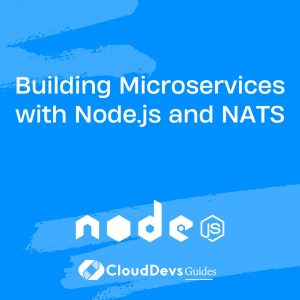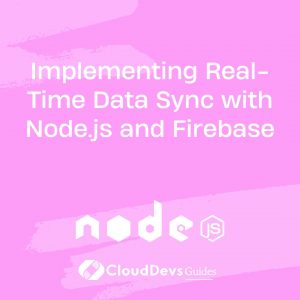Node.js Q & A
Can Node.js be used for database operations?
Node.js supports a wide range of databases, both relational and NoSQL. Some of the most popular databases used with Node.js include:
- MongoDB: MongoDB is a popular NoSQL database known for its flexibility, scalability, and ease of use. It stores data in JSON-like documents and is widely used in web applications, real-time analytics, and IoT applications.
- MySQL: MySQL is one of the most widely used open-source relational databases. It is known for its reliability, performance, and extensive feature set. MySQL is commonly used in web applications, e-commerce platforms, and content management systems.
- PostgreSQL: PostgreSQL is a powerful open-source relational database known for its advanced features, extensibility, and standards compliance. It is commonly used in applications requiring complex data modeling, geographic data, and full-text search capabilities.
- SQLite: SQLite is a lightweight, serverless relational database engine that is embedded directly into the application. It is well-suited for mobile applications, desktop applications, and small-scale web applications.
- Redis: Redis is an in-memory data store known for its high performance, simplicity, and support for various data structures such as strings, lists, sets, and hashes. It is commonly used for caching, session management, and real-time data processing.
- Cassandra: Apache Cassandra is a distributed NoSQL database known for its scalability, fault tolerance, and linear performance scalability. It is commonly used in applications requiring high availability, scalability, and write-heavy workloads.
These are just a few examples of databases commonly used with Node.js. The choice of database depends on factors such as the nature of the application, data model requirements, scalability requirements, and performance considerations.m

Previously at


Argentina

GMT-3
Experienced Principal Engineer and Fullstack Developer with a strong focus on Node.js. Over 5 years of Node.js development experience.



